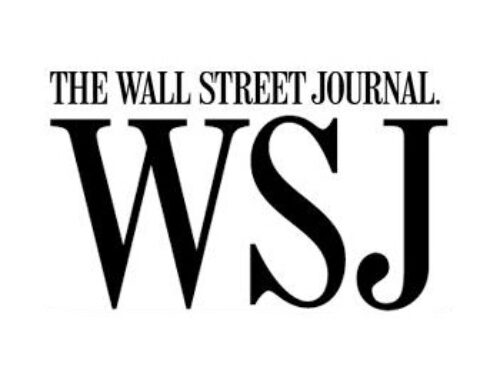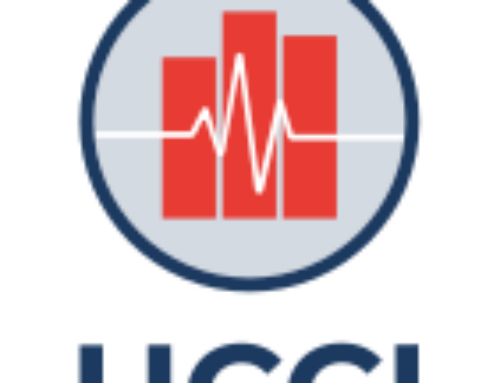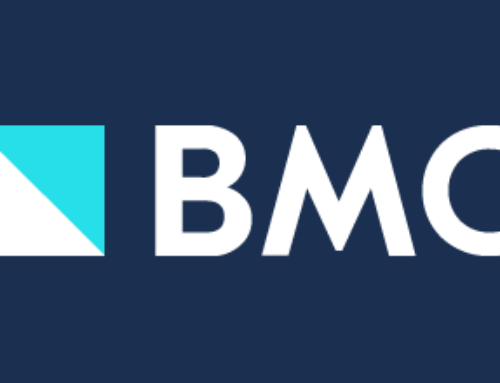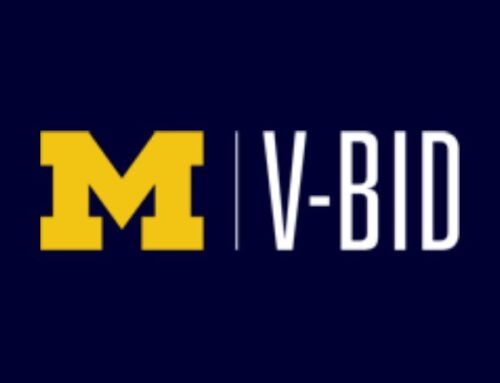CENTER UPDATE | JANUARY 2024
In this Issue:
- Health Insurance Premiums are Eating Into Worker Wages
- Naloxone Out-of-Pocket Costs Decreased Between 2018 and 2022
- Why Cost-Sharing on Its Own Will Not Fix Health Care Costs
- Benefit Design and Reimbursement Rates May Increase Out-of-Pocket Drug Costs
- Majority of People in Debt to US Hospitals Have Health Insurance
- New York City to Clear $2B in Unpaid Medical Bills
- Preventable Hospitalizations More Common for Black Patients
- CMS Finalizes Rule to Expand Access to Health Information and Improve Prior Authorization
- HDHP Enrollment Shrinks for the First Time in a Decade
- Colonoscopies were Free, but Surgical Trays Came with $600 Price Tags
- DC Health Benefit Exchange Authority Makes it Easier to Get Heart Disease Care
- Ensuring Access to Behavioral Health Providers

Complimentary registration is open for the 2024 virtual V-BID Summit: Overcoming Financial Toxicity on Wednesday, March 13, from 12pm to 4pm ET.
We look forward to you joining us!

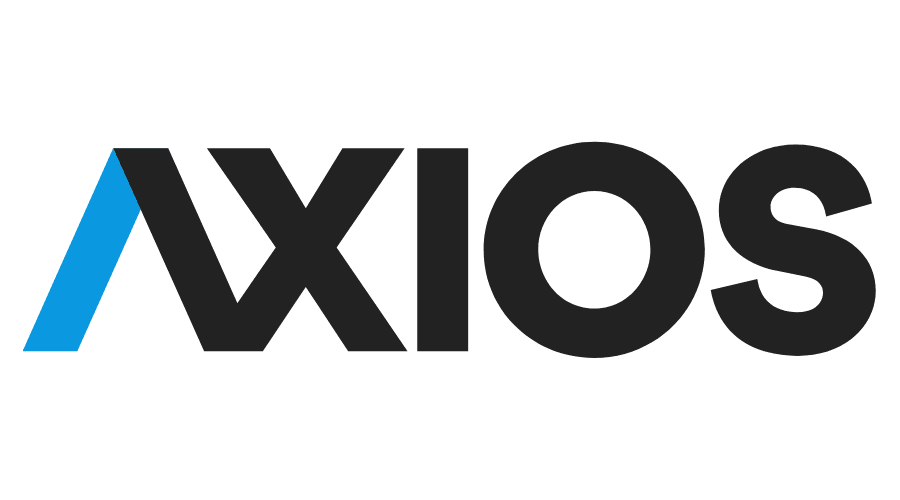
Health Insurance Premiums are Eating into Worker Wages
Families with workplace health insurance may have missed out on $125,000 in earnings over the past three decades due to rising premiums. Rising health insurance costs, outpacing wage growth, mean that health insurance constitutes a larger portion of workers’ total compensation. Low-income employees and people of color are disproportionately affected, with health care premiums accounting for a higher percentage of their total compensation compared to higher-income individuals.
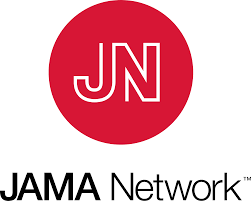
Naloxone Out-of-Pocket Costs Decreased Between 2018 and 2022
Recent research shows that out-of-pocket costs for naloxone dispensed from retail pharmacies between 2018 and 2022 decreased by 55%. Costs varied by payer, with Medicaid having the lowest mean OOP cost, and self-pay and assistance prescriptions having the highest costs. Authors suggest that the reduction of out-of-pocket costs may be due to a combination of insurance benefit design shifts, market competition, and price negotiations.
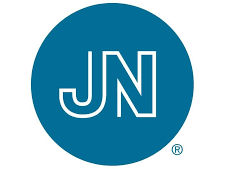
Why Cost-Sharing on Its Own Will Not Fix Health Care Costs
A new analysis suggests that increasing patients’ financial responsibility through high deductibles has not led to the anticipated benefits of improved price shopping or reduced healthcare inflation. Instead, cost sharing has been shown to reduce utilization, potentially compromising the quality of care, particularly for patients with chronic health problems and lower incomes. Policies that directly address the high cost of healthcare and smarter cost-sharing approaches with clear incentives for high-value care may be a solution.

Benefit Design and Reimbursement Rates May Increase Out-of-Pocket Drug Costs
An analysis of 52 brand-name clinician-administered drugs from 2009 to 2018 found that while drug prices and out-of-pocket costs for privately insured patients increased, there was no direct association between changes in drug prices and out-of-pocket costs for individual drugs. This discrepancy might be attributed to commercial insurance plans reimbursing clinics and hospitals at substantial markups over drug prices and the complexities of benefit design, which can vary based on insurance plans and patient out-of-pocket maximums. Higher cost-shifting to patients may lead to adverse outcomes from cost-related non-adherence.

Majority of People in Debt to Us Hospitals Have Health Insurance
A recent report by medical billing analysts indicates that individuals with health insurance now make up the majority of debtors from whom American hospitals struggle to collect payments. Health insurance complexities with large out-of-pocket costs have led to increased bad debt for hospitals, with the proportion of insured individuals unable to pay their bills rising from 11.1% in 2018 to 57.6% in 2022. Rising premiums outpacing wage growth contribute to this trend, impacting low-income employees and people of color the most.
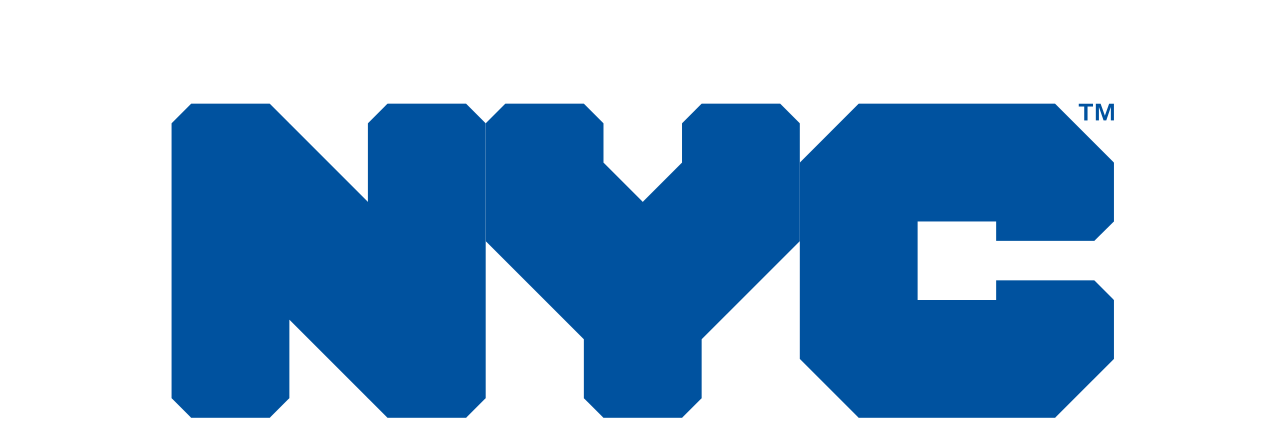
New York City to Clear $2B in Unpaid Medical Bills
“No one chooses to go into medical debt — if you’re sick or injured, you need to seek care. But no New Yorker should have to choose between paying rent or for other essentials and paying off their medical debt,” says New York City Mayor, Eric Adams. A new program will partner with a nonprofit organization, RIP Medical Debt, to purchase millions of dollars in medical debt and erase it in an effort to help as many as 500,000 residents.


Preventable Hospitalizations More Common for Black Patients
Preventable hospitalizations are costly and disproportionately affect historically marginalized communities. New RWJF study finds that Black Medicaid enrollees are significantly more likely to be hospitalized for preventable reasons – asthma/chronic obstructive pulmonary disease (COPD), diabetes, and heart failure – when compared to their white counterparts. According to researchers at the Urban Institute, this trend likely indicates poor patient access to care. Access the full brief here.

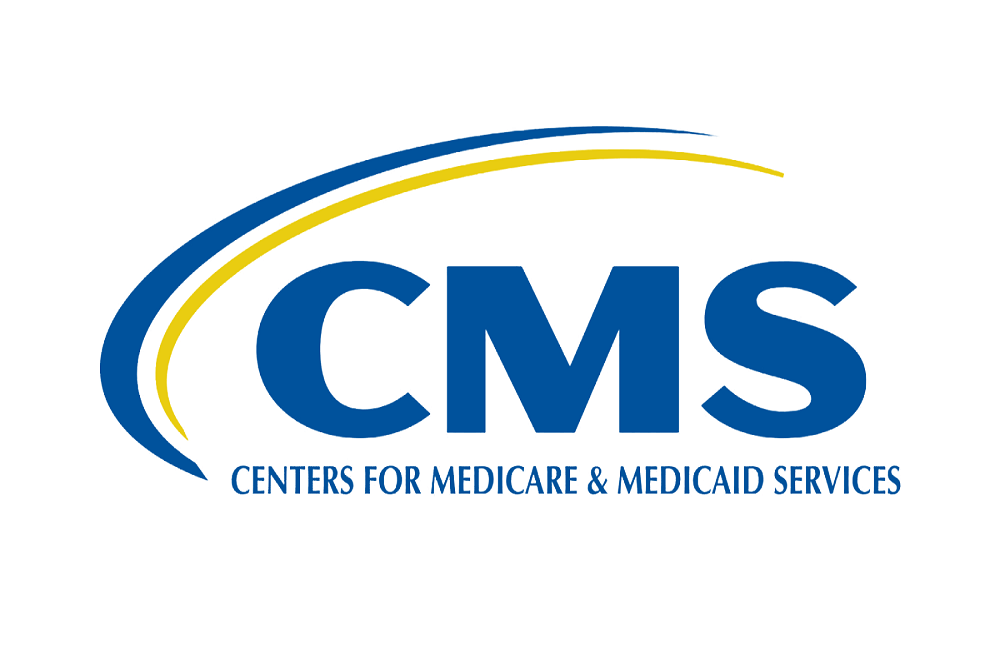
CMS Finalizes Rule to Expand Access to Health Information and Improve the Prior Authorization Process
The CMS Interoperability and Prior Authorization Final Rule (CMS-0057-F) establishes requirements for Medicare Advantage organizations, Medicaid and CHIP fee-for-service programs, Medicaid managed care plans, CHIP managed care entities, and issuers of Qualified Health Plans to enhance health data exchange and improve the prior authorization process, reduce patient and provider burdens, and increase savings. The final rule is a step toward policies that clarify and refocus prior authorization’s core purpose, and future efforts must increase focus on deterring harmful or wasteful care while incentivizing the use of high value services.


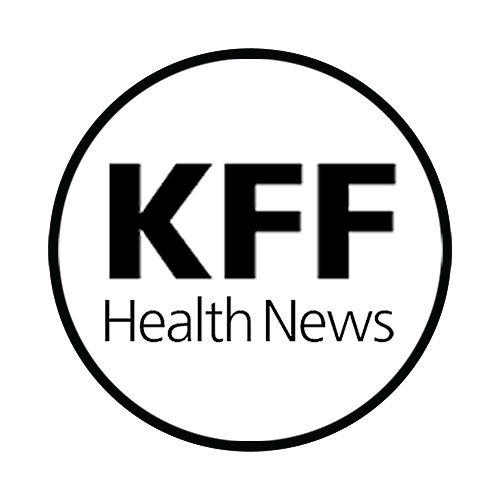
Colonoscopies Were Free, but Surgical Trays Came With $600 Price Tags
While colonoscopies are considered a preventive service, and therefore covered fully by most insurance plans, patients are often blindsided by unexpected charges, such as steep fees for essential items like surgical trays. This exposes a critical issue in healthcare billing transparency, emphasizing the need for comprehensive reform to ensure patients are fully informed about the financial implications of cancer screenings and routine procedures. Access the full article here.

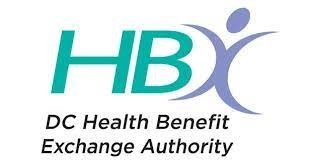
DC Health Benefit Exchange Authority Makes it Easier to Get Heart Disease Care
The DC Health Benefit Exchange Authority (DCHBX) Executive Board has voted to adopt a new benefits design aimed at addressing health disparities for individuals with heart disease and cerebrovascular disease. Starting in Plan Year 2025, individuals covered by a DC Health Link standard plan will no longer have copays, coinsurance, and deductibles for visits with their primary care doctor for cardiovascular and cerebrovascular care. This move is part of DCHBX’s efforts to eliminate financial barriers to care, particularly for conditions that disproportionately impact communities of color and improve access to care.
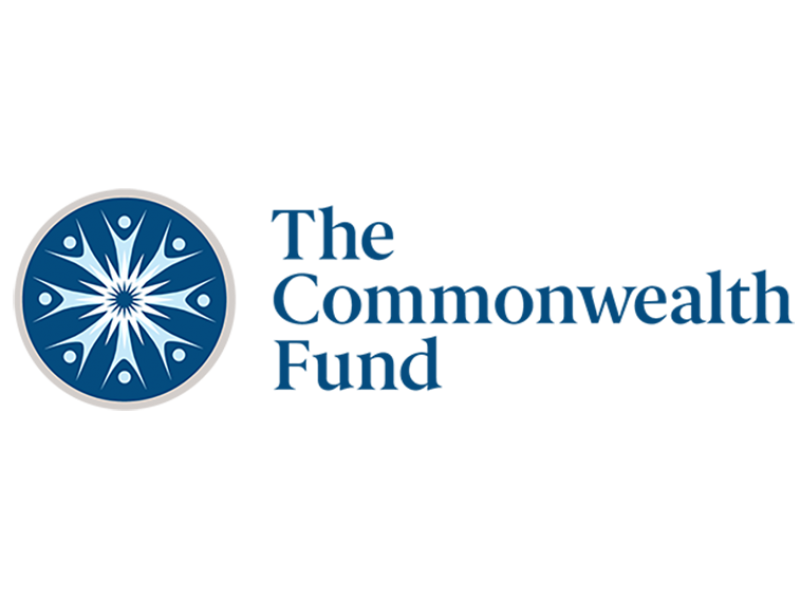
Ensuring Access to Behavioral Health Providers
Recent Commonwealth Fund article highlights the challenges and disparities in accessing behavioral health services, emphasizing the shortage of mental health providers. Authors suggest that there is currently inadequate access for many individuals in need, and underscore the importance of addressing this issue through multiple policy responses.
Please Help Support the V-BID Center
As a non-profit entity, the V-BID Center relies on fundraising to support our research, education, and policy efforts. Please help us continue our work by donating here. We truly appreciate your consideration.




